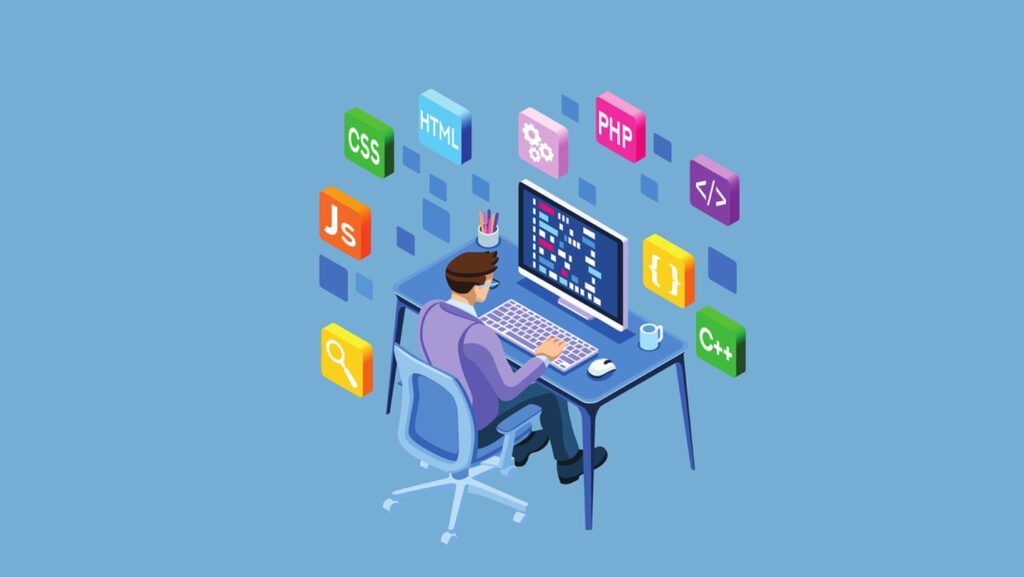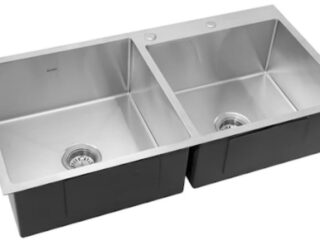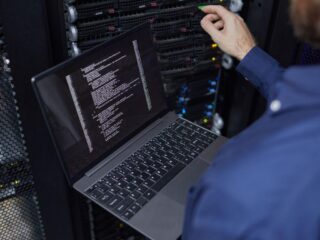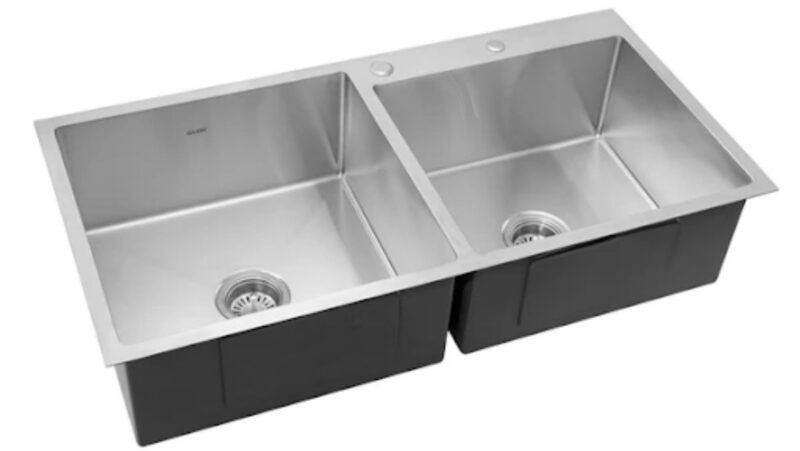
In the post-COVID, rapidly digitalizing world, the need for increased productivity in asynchronous working conditions has shaped the requirements for new software solutions. A new kind of software, dubbed productivity software has emerged.
What is productivity software? Put simply, it is a digital no-code solution that allows you to produce documents, presentations, graphs, and data, share this information, and even automate the process fully.
Virtually any software that allows for streamlined production and sharing of information (such as Google Workspace and Microsoft Office) can be called productivity software, but a new generation of this software is integrating AI and taking productivity to the next level – think Monday, Coda, Notion, and Asana.
But what can you use the likes of Notion and Coda for? Here are 5 examples of personal and office use of these solutions that can change how you share and produce information.
Custom Project Management Tools
Most traditional project management tools are not very intuitive and often take more time to set up compared to how much they help with task execution. As opposed to more traditional choices, productivity software tools can help you build your project management dashboard and make it completely editable.
A good project management tool requires not just an ability to represent information clearly but also reduces the need to navigate to different pages to execute the tasks. Most modern productivity tools offer native Google, Slack, and Microsoft integrations that allow you to send emails from the project management tool, add people to your Slack channel, and even automate a whole workflow of your Microsoft Teams.
You can add assignees to your tool, rank and sort the tasks on a basis of urgency and importance, and even come up with custom automated calculations that weigh both the importance and urgency of a task and remind you to complete it.
Database Management
Today, productivity tools are not just pretty templates with task lists formatted nicely; they can also be powerful data management solutions for your personal or company use.
Different solutions here vary in terms of complexity and functionality. Notion, for instance, can allow you to systemize simple data in a non-overwhelming and simple way, but if you are looking for more complex data solutions, you might need to consider different solutions like Airtable or Coda.
Airtable is a tool that completely centers on working with data and allows you to edit data permissions, meaning that you can choose who can view and who can edit data. It represents it in different views and allows users to add new data by both entering it manually and filling out survey forms. Coda can pretty much do the same as Airtable and has the added benefit of using formulas to transform your data across columns.
Organizing Your Roulette and Gaming Habits
It’s no secret that the organizational aspect of project management can well apply to personal hobbies, such as gambling and roulette games. Keeping track of roulette payouts, roulette habit tracking, and other organizational aspects that might come with some of your favorite roulette games can be easily tracked and automated in productivity software.
Using the databases feature, you can outline different roulette strategies and record both quantitative and qualitative information on their effectiveness. You can save external information (roulette videos, how-to articles) in the same databases and have everything available in one click.
Most of the software allows you to use AI to systemize and visually represent the information, and Notion even has ready-made gaming templates you can use.
Perhaps most importantly, this software can help you automate budget tracking for roulette payout tracking – solutions like Coda, for example, allow you to use formulas to automatically pull your financial information and even represent it visually. Most of these calculations can be fully automated using an in-built AI companion feature.
Habit Tracker
Productivity tools are great habit trackers. Similarly to keeping track of gaming habits, the software can help you keep track of personal goals in automated ways. Most of the solutions offer seamless Google Calendar integration, meaning that you can add milestones and tasks to your Google Calendar while not exiting the habit table in Notion or Coda.
Table-based views and numerous integrations with tools like Trello and Asana make it easy to follow through with psychological techniques that are often used to build habits. One of the most helpful tools, the Pomodoro technique, which refers to getting into a habit of 25-minute focused work and 5-minute rest intervals, can be easily programmed on timers built into the productivity software.
Monetization Tools
Lastly, this kind of software is quite easy to monetize for a user. Companies such as Notion offer numerous free and paid templates that people use to keep track of project management, roulette routines, and personal habit tracking. But there are also a lot of users who make these templates – and plenty of customers willing to buy a well-made template instead of spending time on their own.
While many templates are as cheap as $1 to $2, some can go for as much as $30 per template and above. It seems that financial management templates, as well as those offering the most automation of personal budgets and project management, seem to be the most popular. Some people make as much as $100,000 a month from selling Notion templates, although this is probably an exception rather than the rule.














